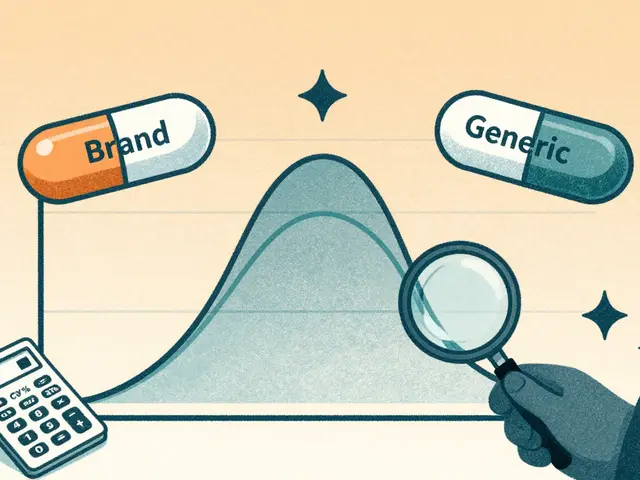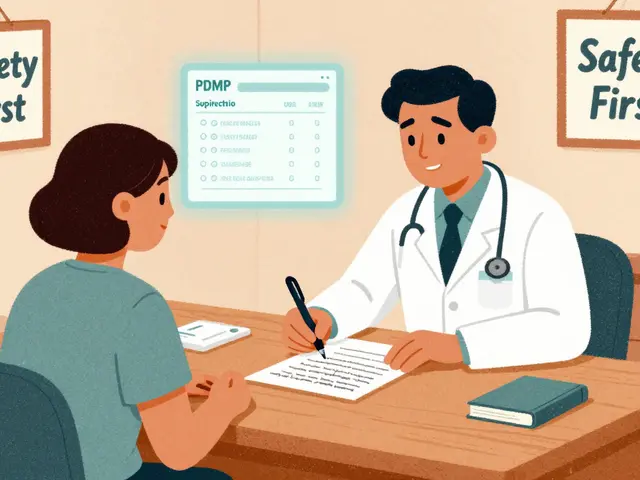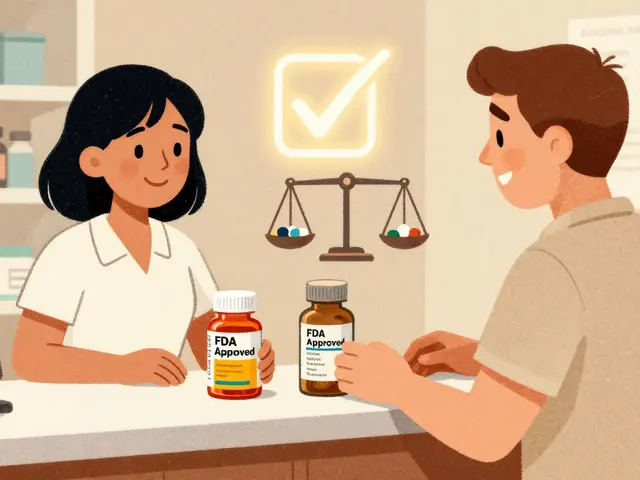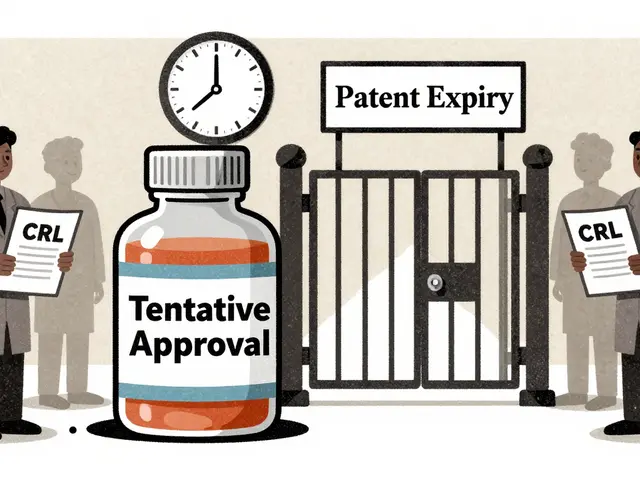Antipsychotic medication: what they do and how to stay safe
Antipsychotic medication is used to treat symptoms like hallucinations, delusions, severe agitation and mood problems. They don’t fix every issue overnight — many take days to weeks to help, and some benefits come slowly. If you or someone you care for starts one, knowing what to expect makes a big difference.
Types and common examples
There are two broad groups: typical (older) and atypical (newer) antipsychotics. Typical ones include haloperidol and chlorpromazine. Atypical ones include risperidone, olanzapine, quetiapine and aripiprazole. Each drug acts a bit differently and has its own side effect profile, so doctors match a medicine to symptoms, medical history and other drugs you take.
Quick rule of thumb: older drugs can cause more movement-related side effects (like tremors or stiffness). Newer drugs often carry higher risks of weight gain, elevated blood sugar and cholesterol. That’s a trade-off doctors consider when prescribing.
What to expect and key safety points
Start slow. Many prescribers begin with a low dose and adjust over days or weeks. Common short-term effects include drowsiness, dry mouth and dizziness. Watch for serious signs: sudden muscle stiffness, uncontrollable facial movements, high fever, fast heart rate or fainting. If those occur, contact medical help right away.
Long-term monitoring matters. Regular checks for weight, blood sugar and lipids help catch metabolic side effects early. Some drugs need occasional ECGs or specific blood tests. Keep a record of changes and share them at follow-ups — small shifts in appetite, sleep or movement can be important.
Don’t stop suddenly. Abruptly stopping antipsychotics can cause withdrawal, symptom rebound or worse. If you want to change or stop a drug, plan it with your prescriber so they can taper the dose safely.
Mind interactions. Antipsychotics can interact with many medicines and some supplements. Combining them with strong sedatives, certain heart drugs, or medicines that change liver enzymes can raise risks. Always tell your clinician about every drug and supplement you take.
Buying meds online? Be careful. Use pharmacies that require a prescription, show a clear contact address and have positive reviews from independent sources. Avoid sites that sell controlled medicines without a prescription. If you’re unsure, ask your doctor or pharmacist — counterfeit or substandard meds are a real risk.
Need more specific info on a single drug? We have practical guides on drugs like prochlorperazine and others. Read the one that matches the medicine you’re taking and bring questions to your prescriber.
If you’re worried about side effects or if a medication isn’t helping, speak up. Good treatment is a conversation, not a one-time decision. Small changes—dose tweaks, switching drugs, adding lifestyle steps like diet and sleep—often make a big difference.









